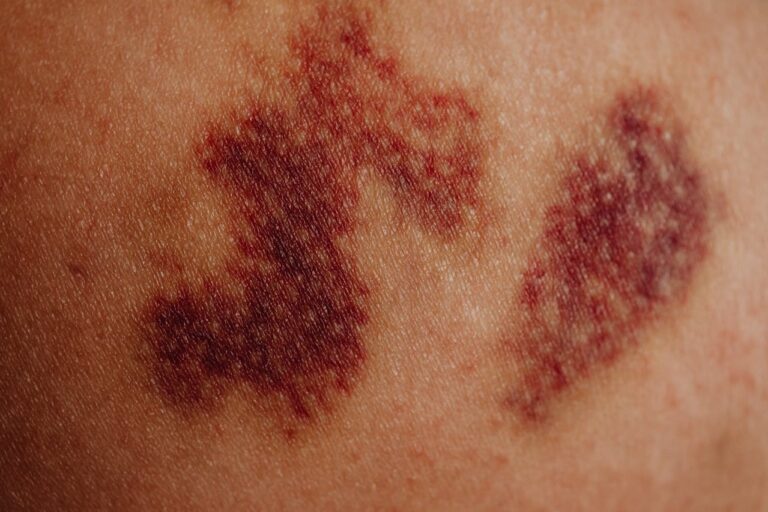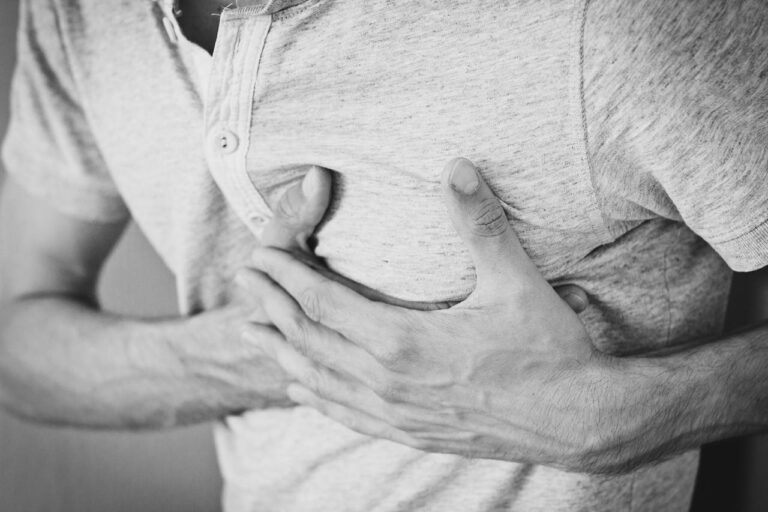Hidden Infections Behind Heart Attacks: What Science Is Finally Revealing
For years, cholesterol and poor lifestyle habits have taken the blame for heart attacks. But new research is changing that story. There is evidence that shows that bacterial infections may be the silent driver behind many heart attacks. Inside the fatty plaques of arteries, researchers discovered bacterial biofilms—tiny gel-like colonies that can hide undetected for…






















